
Strategic Intuition
The Creative Spark in Human Achievement
Recommendation
Management professor William Duggan has written a book that’s rare in several ways. First, his clear writing makes complex concepts accessible. Even more importantly, Duggan synthesizes perspectives from an array of traditions to explain how to change the way you understand and use strategic thinking. He convincingly argues that most books on strategy and strategic planning are wrong, and then he presents an alternative approach that builds on modern neuroscience and historian Thomas Kuhn’s theories of scientific revolution. Duggan illustrates his concepts by discussing innovators in several fields. He combines scholarship with candor to provide specific steps for developing your intuition and using it strategically. The book isn’t perfect – the discussion of education is a bit too brief and the conclusion is rushed – but it is highly useful. getAbstract recommends it to leaders who are responsible for planning, and to anyone interested in innovation.
Summary
About the Author
William Duggan, author of The Art of What Works: How Success Really Happens and Napoleon’s Glance: The Secret of Strategy, teaches at Columbia Business School.








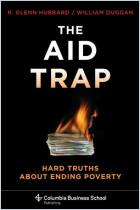
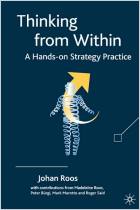
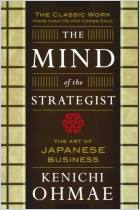
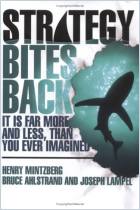
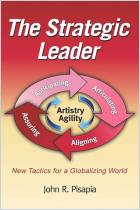
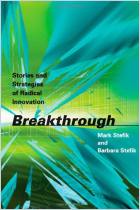
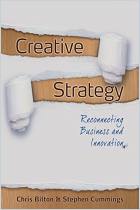



Comment on this summary or Start Discussion